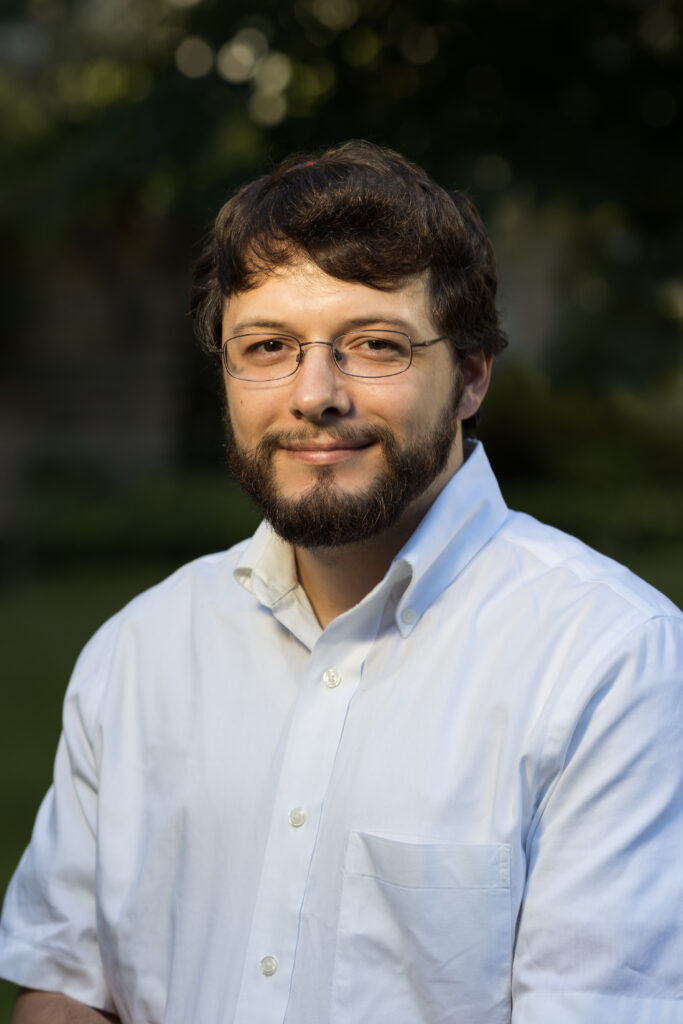The following is an excerpt from “Israel: Democracy, Race, Ethnicity, and More” (Fragments #2).
by Dr. Vincent Calabrese, PhD

The State of Israel is in the midst of a political crisis of unprecedented scope. Since the beginning of the year [2023], the press and public sphere have reverberated with prophecies about the death of Israeli democracy – and since the passage of key pieces of judicial reform legislation, with elegies for its fate. Those who hold that the Israeli status quo – a permanent military occupation enabling an ever more-aggressive settlement movement – is already unacceptably undemocratic have tried to turn the attention of their compatriots to this glaring reality, insisting that those who claim to care about Israeli democracy must dedicate themselves to ending the occupation. But the democratic deficit of Israel extends beyond the realities of the occupation, narrowly construed. The struggle to make a truly democratic society for all Palestinians and Israelis cannot succeed
without reforming the relationship between Israel and the world Jewish diaspora, mediated by the para-state organizations under the auspices of the World Zionist Congress: the World Zionist Organization, the Jewish Agency, and the Jewish National Fund.
These organizations trace their origins to the period before the establishment of the state, when Zionism was an international nongovernmental movement promoting the settlement of Jews in Palestine and the renewal there of Hebrew culture. Since 1897, Jews around the world have, by paying a voluntary head tax, voted for representatives to the World Zionist Congress, which directs the activities and allocates the funds of the movement; since 1901 they have donated to the Jewish National Fund, which purchases and develops land on behalf of the movement. The activities of these organizations have always been carried out in the name of world Jewry, and even after the establishment of a sovereign state (one with citizens who are not all Jews) they have provided a way for the Jewish diaspora to directly influence the reality on the ground in Israel. These organizations were incorporated into the legal structure of Israel in its early years through statutes like the World Zionist Organization – Jewish Agency Law that provided these para-state institutions formal recognition. The influence that diaspora Zionists can wield through these organizational intermediaries serves as a point of pride for those who participate, for example, in elections to the World Zionist Congress. At the same time, this influence — which comes without any of the responsibilities that ordinarily accompany democratic participation, and which allows diaspora Jewry to take part in the governance of the Palestinian population — represents a serious impediment to the democratic character of the state.
The power diaspora communities (or, more accurately, a narrow range of diaspora activists) wield through these institutions is in no way symbolic. The Congress exercises significant control over development and settlement of land — both in Israel proper and in the West Bank — through the Jewish National Fund and the Settlement Division of the World Zionist Organization, as well as influence over education, immigration, and absorption through the Jewish Agency. Nearly a billion dollars (raised by Jewish communities and federations abroad, as well as by Keren HaYesod, a fundraising corporation chartered by the State in 1956) is allocated across the institutions under the Congress’s purview. That a group of people who are neither citizens nor residents of a country are allowed to exercise this kind of concrete control over its land, resources, and people is a situation both anomalous and problematic. A democratic community is one in which those governed by a certain authority shape their collective fate; their right to influence the direction of the state is a direct corollary of their being subject to its authority. In this case, the influence wielded by the Jewish diaspora comes without the responsibility of being governed, and is instead acquired through the payment of a nominal fee. The result is that the lives of millions of people, including residents of the Palestinian territories who have no voice in Israel’s government, are impacted by the decisions of a Congress elected in part by diaspora Jews who do not live under that government and are not accountable to those who do. This arrangement differs in key ways from other organizational ties that exist between diaspora communities and their home countries. While many organizations foster ties and encourage philanthropy between home countries and diasporas, this kind of informal influence lacks the legal authority that the Jewish diaspora exercises in Israel through the parastatal entities. While some countries, such as Italy, even reserve seats in the national parliament for the diaspora, this avenue of influence is always limited to members of the diaspora who are citizens. In our case, legal authority is vested in organizations controlled in part by the votes of non-citizens who are not subject to Israeli law.
The problematic nature of this arrangement would be apparent even if the substantive activity of the parastatal organizations were not examined. When it is examined, the ethical issues become even more pressing; The Jewish National Fund, in particular, has been and continues to be one of the principle mechanisms of Palestinian dispossession. While the JNF purchased significant land before the establishment of the state, about half of the lands under its control were seized by the government in the aftermath of 1948 from Arab residents who had “abandoned” them and then were sold to the Fund — thus ensuring that their former owners could not reclaim them, and that they would be developed exclusively for the sole benefit of Jews. Since 1967, the Fund has been involved in the settlement of the lands occupied by Israel, including in the ongoing conflict over the East Jerusalem neighborhood of Silwan. These parastatal organizations do not just have a colonial legacy; they are the organs of ongoing colonization, and the means by which the Jewish diaspora is complicit in the process of dispossession.
In 2020, the American elections to the World Zionist Congress were competitive to a degree not seen in many decades. In particular, a slate of progressive Jewish organizations under the name Hatikvah attempted to shift the focus of the American Jewish voting public from questions of religious pluralism to those of justice — of occupation and annexation. The election literature of the slate declared that “Since 1897, every single Jew worldwide has had the opportunity to affect Israeli political and economic policy by voting in the World Zionist Congress elections,” and urged American Jews to take advantage of that right in order to push for an end to the occupation and to prevent annexation, which it claimed would “end Israel’s democracy.” I myself voted for the slate and encouraged as many friends as I could to do the same. On a utilitarian level, I am not sure this was the wrong thing to do — generally speaking, when avenues of influence are available, it is right to use them in pursuit of worthy ends. But the contradiction involved here cannot be ignored: advocates of democracy in Israel taking advantage of a fundamentally undemocratic institution, one in which those who are not bound by Israeli law choose representatives for a Congress that helps rule over millions of Palestinians who themselves have no ability to shape such laws.
The Zionist movement once acted as a worldwide intergovernmental body, in which the kind of cross-border governance embodied in the World Zionist Congress had a place. But the historical decision to embody Zionism in a sovereign nation-state, one with a large non-Jewish population, renders this model untenable. The special relationship between Israel and the Jewish diaspora is a precious thing for many, and the thought of weakening those ties is painful. If, however, Israel is to be a democracy, it must be a place where all of those, and only those, who live under its government can shape that government; the state must be for its residents, not a joint project of Israeli Jews and the Jewish diaspora. Part of what this must mean is a radical reform of the parastatal organizations, one which puts an end to the unjust role the Jewish diaspora plays in controlling land, resources, and funds between the river and the sea.

DR. VINCENT CALABRESE, PHD (he/him) grew up in Austin, Texas and now lives in New York City. A scholar of modern Jewish thought, he holds a doctorate in religion from the University of Toronto, where his research focused on the theologian Michael Wyschogrod. He is also in the final year of study for rabbinical ordination in the Advanced Kollel of the Hadar Institute.
